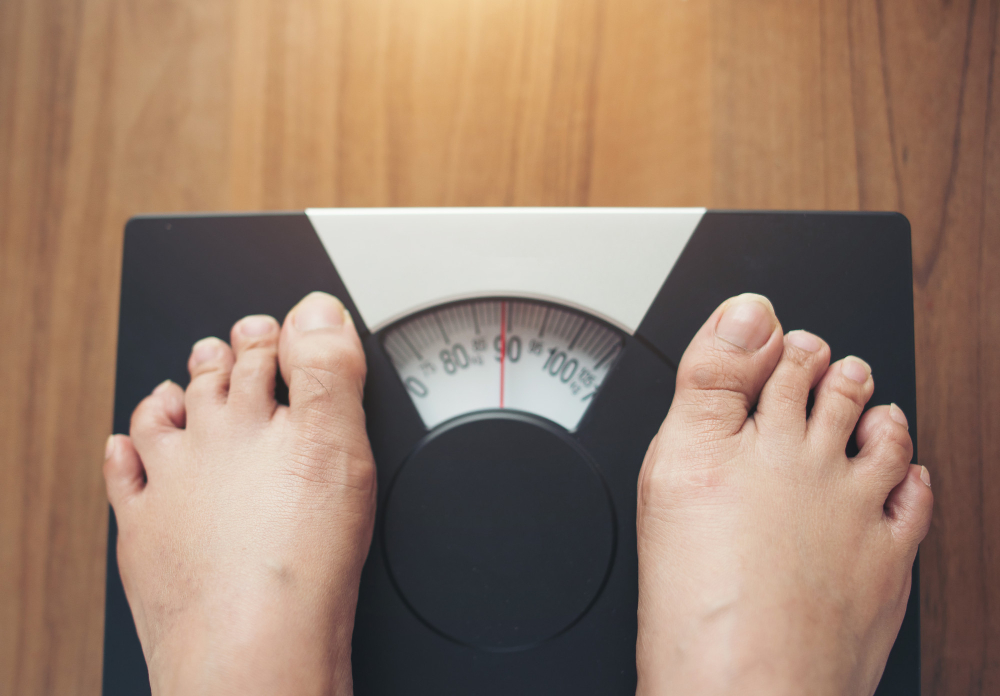What is Postpartum Depression?
Depression During Pregnancy and After Delivery

The postpartum period, also known as the puerperium and the “fourth trimester,” refers to the initial weeks after childbirth when maternal physiologic changes related to pregnancy return to the nonpregnant state. Usually, it often lasts 6 to 8 weeks. Postpartum is just as important as pregnancy care.
Studies show that women are more likely to have mental illness in the first three months after delivery. The overall incidence is about 15-20%. They face all sorts of problems, including sleep deprivation, hormone elevation near the end of gestation, and massive postpartum withdrawal contribute to risk.
High Risk of postpartum mental illness includes;
- Past History; psychiatric illness, puerperal psychiatric illness, etc.
- Family History; major psychiatric illness, marital conflict, poor social situation.
- Present pregnancy; young age pregnancy, cesarean delivery, difficult labor, cesarian, neonatal complications.
Postpartum Blues
Postpartum blues, popularly known as baby blues, or maternity blues, is a common but self-limited condition that observes 4-5 days after childbirth. Health experts state that nearly 50% of postpartum women suffer from puerperal blues after delivery.

Symptoms of postpartum blues
- Depression
- Anxiety
- Tearfulness
- Insomnia
- Helplessness
- Negative feeling towards infants
No specific or endocrine abnormalities will detect at this point. But lowered tryptophan level is observed.
Ayurvedic Management of postpartum blues
The treatment has started early, and the ayurvedic procedure includes;
- Thalam ( Kachooradi choornam, Ksheerabala thailam)
- Shiro abhyanga
- Shiro pichu
- Thakradhara
In addition, you may also seek counseling from a psychologist
Postpartum Depression

PostpartumDepression is simply a complication after giving birth. Adjusting to daily life after childbirth has its challenges, especially for a new mother. The changes that occur when a new one gets into life may let problems in women include mood swings, stress, frequent crying, fatigue, guilt, and anxiety. Researches prove that 50 to 75% of new mothers experience a change in their emotions called baby blues later childbirth. Up to 15% of these women will catch more severe and longer-lasting depression, called postpartum depression, after delivery. Also, according to an earlier study, new fathers undergo similar depression, the highest rates of which happen 3–6 months after childbirth.
Now let’s see the common symptoms of postpartum depression.
Symptoms
The changes of postpartum depression are different for every woman but below are some common signs and symptoms;
- Depressed mood or severe mood swings
- Anxiety and irritability
- Intense irritability and anger
- Excessive crying
- Overwhelming fatigue or loss of energy
- Feeling guilty, worthless, Hopelessness, or helpless
- Difficulty thinking or focusing
- Difficulty bonding with your baby
- Fear that you’re not a good mother
- Inability to sleep (insomnia) or sleeping too much
- Pain, such as a headache or stomachache
- Thoughts of harming yourself or your baby
- Recurrent thoughts of death or suicide
Causes
Physical changes
After childbirth, a dramatic drop in hormones (estrogen and progesterone) in your body may trigger symptoms of postpartum depression. When you are pregnant, the levels of female hormones reach the highest they will ever be. However, during the first 24 hours after delivery, hormone levels rapidly return to normal levels, which can leave you feeling tired, inactive, and depressed.
Emotional issues
Sudden changes, specifically from the status of a woman to mother, may cause several psychological shifts includes mood swings, stress, frequent crying, fatigue, guilt, and anxiety. Often you feel like you have lost control over your life. You may also be concerned about your ability to care for the newborn.
Risk Factors include;
For mothers- Untreated postpartum depression can last for months or longer, sometimes becoming a chronic depressive disorder.
For fathers- Studies show that first-time fathers are more likely to develop a chance of depression.
For infants- Children of postpartum depressed mothers are more likely to have emotional and behavioral problems such as difficulty sleeping and eating, excessive crying, and language developmental delays.
Prevention Tips
- Get plenty of rest
- Seek medical help
- Find someone to talk
- Keep a daily diary to note
- Eat healthy foods
- Exercise
Ayurvedic Management of Postpartum Depression
It can be divided into internal and external
Internal management includes;
- Mansa Mithra Vatakom
- Thikthaka ghritham
- Kalyanaka ghritham
- Maha kalyanaka ghritham
- Saraswata ghritam
- Ashwagandha choornam
- Brahmi ghritam
And the external management are;
- Thalam ( Kachooradi choornam, Ksheerabala thailam)
- Shiro abhyanga
- Shiro pichu
- Thakradhara
When to see a doctor
If you have symptoms that suggest you may have postpartum depression, schedule an appointment with your doctor immediately.




